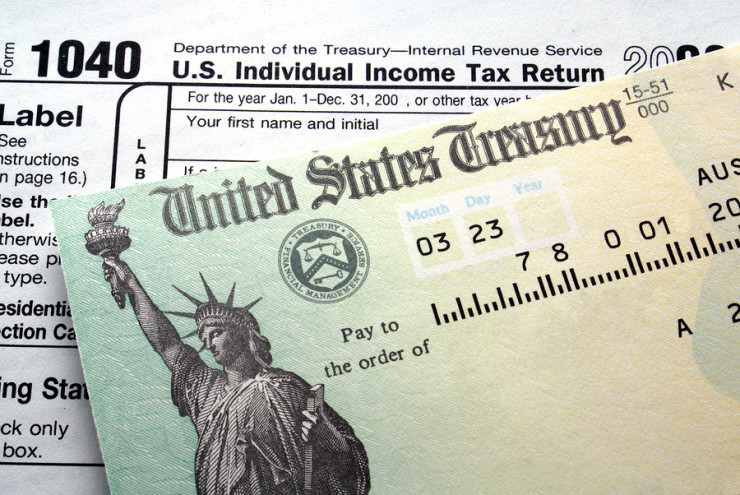While flipping through the channels the other day, I caught a pretty disturbing national news report.
More than one third of American workers have less than $1,000 in savings and investments.
That’s according to the 2014 Retirement Confidence Survey by the Employee Benefits Research Institute, which has been tracking savings data for almost two decades.
This year, the survey found that 36 percent of workers have less than $1,000 in savings. That’s significantly worse than last year’s findings, which showed 28 percent of workers had less than a thousand bucks in the bank.
The problem goes beyond a lack of savings. More than half of the people surveyed—56 percent—haven’t even tried to figure out how much they need to set aside for retirement.
This should tell us that we need to keep talking about the importance of saving for retirement; too many Americans still don’t get it.
But enough with the grim statistics. Let’s talk solutions. If you’re part of the 36 percent, there is hope.
So, What Can You Do?
First, figure out where your money is going.
Track every dollar that comes in and every dollar that goes out. If you’re spending more than you’re earning, do whatever it takes to balance your budget. Aggressively pay off debt, and create an emergency savings account for the inevitable rainy day.
Next, figure out how much money you’ll need for retirement.
You don’t have to be a math whiz to do this. An online search for “free retirement calculator” will instantly pull up scores of websites that will estimate how much money you need to save in total and even break down how much to set aside on a yearly or monthly basis. Ignorance is not bliss. Thanks to the web, there’s no excuse for being part of the 56 percent of Americans with no clue how much they should be saving.
Finally, take action.
Baby steps are better than no steps at all. If your employer offers a retirement plan, read up on it and start participating. Not tomorrow, not next week—today. Don’t be afraid to ask your human resources representative for help if you don’t understand all of the financial language. If your employer offers some kind of matching contribution, take full advantage of it immediately and gradually ratchet up your part of the contributions. If you don’t have an employer-sponsored plan, start looking into an IRA (Individual Retirement Arrangement) or other investment plan and start saving.
However you decide to start, just make sure you do something. It may take a little time, but the peace of mind you’ll experience from taking action will be worth it. Let’s get out of that 36 percent and never look back.





 In 2007, just 2 million American TV households didn’t pay for some kind of cable, satellite or phone-based television service. Six short years later,
In 2007, just 2 million American TV households didn’t pay for some kind of cable, satellite or phone-based television service. Six short years later, 
 Some retirement plans have an option that will automatically bump up your contributions little by little each year. It’s a fantastic way to make retirement planning a priority without having to think about it. But if you don’t have an automated option, this is a great time to take a look at the state of your retirement funds.
Some retirement plans have an option that will automatically bump up your contributions little by little each year. It’s a fantastic way to make retirement planning a priority without having to think about it. But if you don’t have an automated option, this is a great time to take a look at the state of your retirement funds.











 That’s the average individual tax refund Americans got last year. That’s a pretty big chunk of change, and many people wasted it in record time, missing out on an opportunity to make an impact with that money.
That’s the average individual tax refund Americans got last year. That’s a pretty big chunk of change, and many people wasted it in record time, missing out on an opportunity to make an impact with that money.


